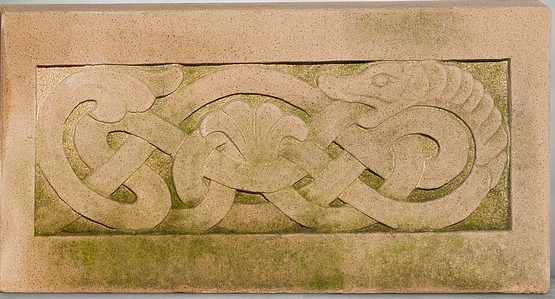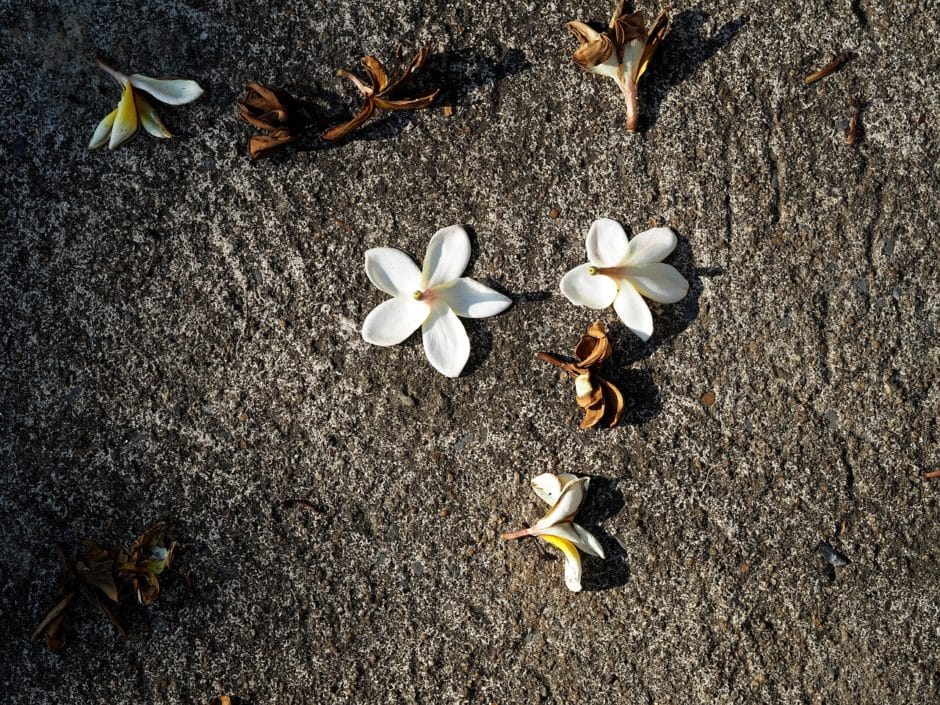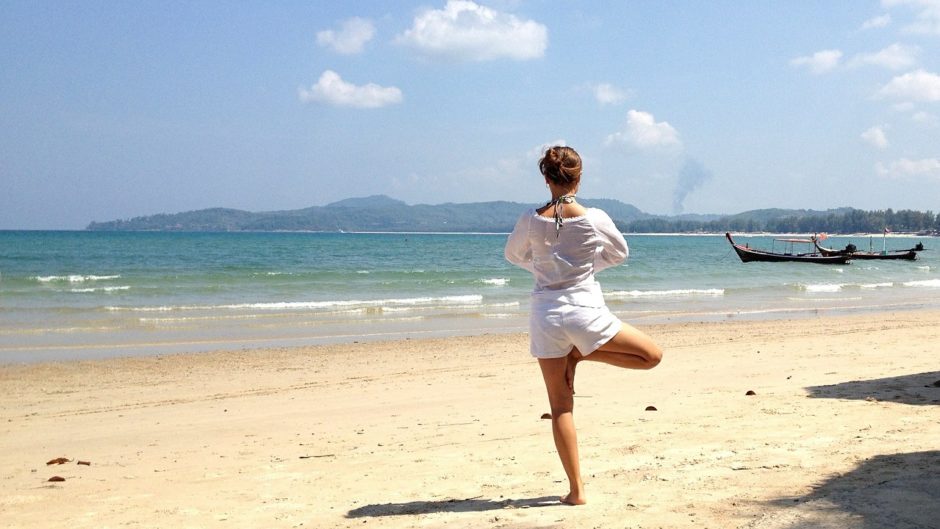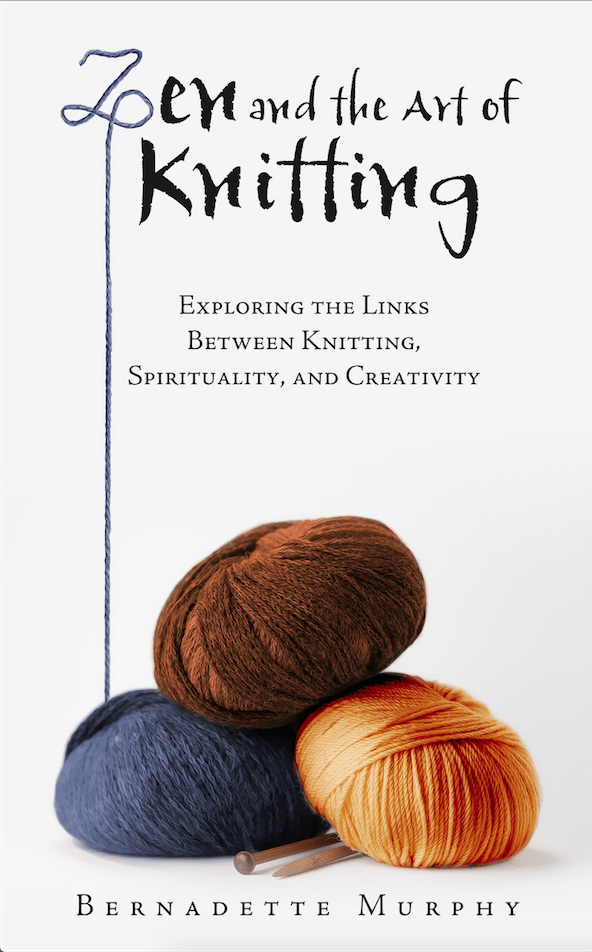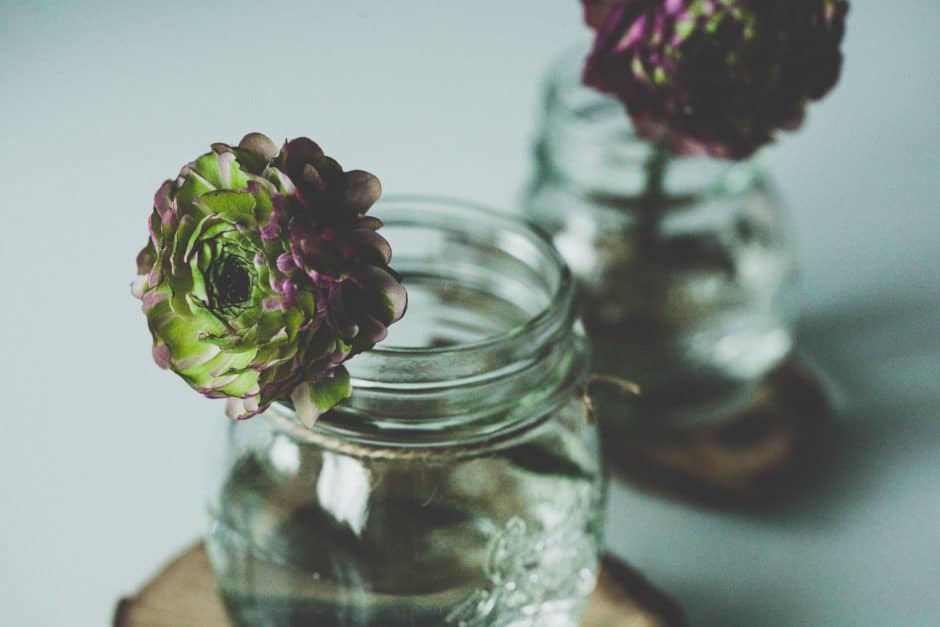By Devra Lee Fishman
“Whatever you do, try to keep Mabel off of the furniture at the hospice. We are struggling with that at home so we need to be consistent everywhere she goes,” my brother says on a rainy, matte gray Friday when he stops by my house to hand off the puppy he is raising for the Guide Dog Foundation. Mabel bounces toward me all paws and wagging tail, an evangelist of joy wrapped up in fur, spreading her own sunshine on this gloomy morning.
Mabel is a 3-month old Golden Retriever/Labrador mix with a coat the color and feel of corn silk. During the next year or so that she will live with my brother’s family, Mabel will go everywhere they go – supermarkets, restaurants, theatre, sporting events, even airplanes. Their goal is to make sure that she has good house manners and is comfortable in any social situation before she returns to the Guide Dog Foundation for intensive job-specific training.
I need to reinforce the behaviors that my brother’s family instills in Mabel and I take the responsibility seriously. I do not want to be the reason she struggles with, or falls behind in, her training, so I thank my brother for the tip and lift Mabel into my car. Continue Reading…


